Plot: After five children go missing in a suburban Colorado town in the 1970s, Finney Shaw (Mason Thames) soon becomes the sixth victim when he is kidnapped by a serial killer and is placed inside of a soundproof basement. All hope seems lost until Shaw discovers a disconnected phone and its ability to transmit the voices of the killer’s previous victims, who try to help him escape.
Review: I remember after seeing 2012’s Sinister I couldn’t stop singing the praises of director and co-writer, Scott Derrickson. While Derrickson had been involved with genre fare in the past, most notably 2005’s The Exorcism of Emily Rose, it felt like Derrickson really hit his stride with Sinister. The film proved to be an undeniably scary movie that is directed with a moody atmosphere that stays with long over it’s over. Sinister was co-written by C. Robart Cargill, who was inspired to dive into the film’s story after watching the 2002 film The Ring. The union between Cargill and Derrickson proved to be a match made in horror movie heaven and their collaborative efforts are showcased even more with their latest effort, The Black Phone.
The best horror films work when there is a real terror attached to the scares and Derrickson and Cargill are able to take Joe Hill’s 2004 short story (something I didn’t read until after my viewing of the film at Beyond Fest) and make something that is truly arresting. The short story is a bit bare-bones but this gives Derrickson and Cargill an opportunity to flesh out the characters in a significant way. At the heart of the story is Mason Thames’ Finney Shaw, a young man who has to endure dodging bullies while also dealing with a troubled home life that involves an alcoholic father, played by Jeremy Davies. Finney’s life does have one bright spot and that is his sister Gwen (Madeleine McGraw), a sweet and religious girl who also has no issue holding her own and sticking up for herself. By giving these characters the appropriate depth, we are more than invested, particularly in Finney, when he becomes the latest kidnap victim of a serial killer called “The Grabber” (Ethan Hawke).
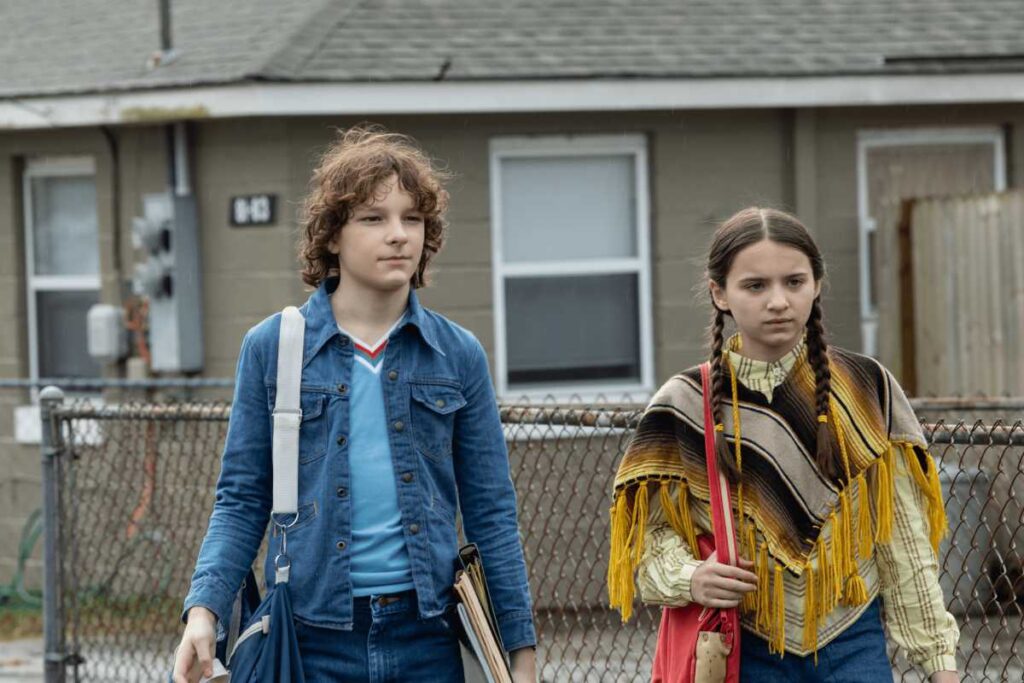
There is an eerie realism in how “The Grabber” operates. The character hides behind the disguise of being a clumsy magician and lures his victims in with kindness before they are abruptly maced and succumbed by a swarm of black balloons. This is not unlike any story you may have heard in your town about kids who may have been kidnapped. It all feels safe until it isn’t, and Derrickson handles the shift with superb execution. Once Finney is abducted, we soon learn that “The Grabber” likes to play a sadistic game with his victims before any torture, and ultimately death, can unfold. Thankfully, “The Grabber” doesn’t have a big backstory that needs to come into focus. The character is far creepier without us having to know “the why.” The real dread comes from the randomness of the events, much like they would in real life if we found ourselves in a similar situation.
Derrickson and Cargill find the right balance between the realistic and supernatural aspects of the story. Getting help from seemingly dead children over the phone could’ve fallen flat or come off cheesy but thanks to some effectively eerie editing from Frédéric Thoraval and solid special effects work, the phone calls contain their own level of fear despite the calls being used to helped Finney. Derrickson has been applauded, and slightly criticized, for his use of jump scares in Sinister but he turns them into a true work of art in The Black Phone. Many of the jump scares involve the voices of the children that are mixed with the rather gory portrait of what “The Grabber” did them in their final hours. There was one jump scare in particular, that I won’t reveal here, that made me react in such a way that I’m sure I embarrassed myself to the guy that was sitting next to me. The film is also aided by arresting cinematography from Brett Jutkiewicz who gives us a bit of a traditional coming-of-age-story look for the 1970s that is soon juxtaposed with the dreary look of the world inhabited by “The Grabber.”
The performances in The Black Phone are all strong and Mason Thames proves to be a capable lead to guide us through this story. Thames generates the right amount of vulnerability to make us feel for Finney’s circumstances, even before he’s kidnapped, but his overall arc is even more exciting to watch. He’s an underdog and his developing strength as the film moves along, makes the audience instantly root for him. McGraw is a true spitfire as Gwen and instantly becomes a crowd favorite. That being said, she also has moments of intense vulnerability, especially when she’s crying for mercy at the hands of her abusive father. If anything this character shows that even with great strength, there are still moments of profound sadness. Gwen uses religion as a shield but even she questions why Jesus hasn’t done more to help her and her brother.
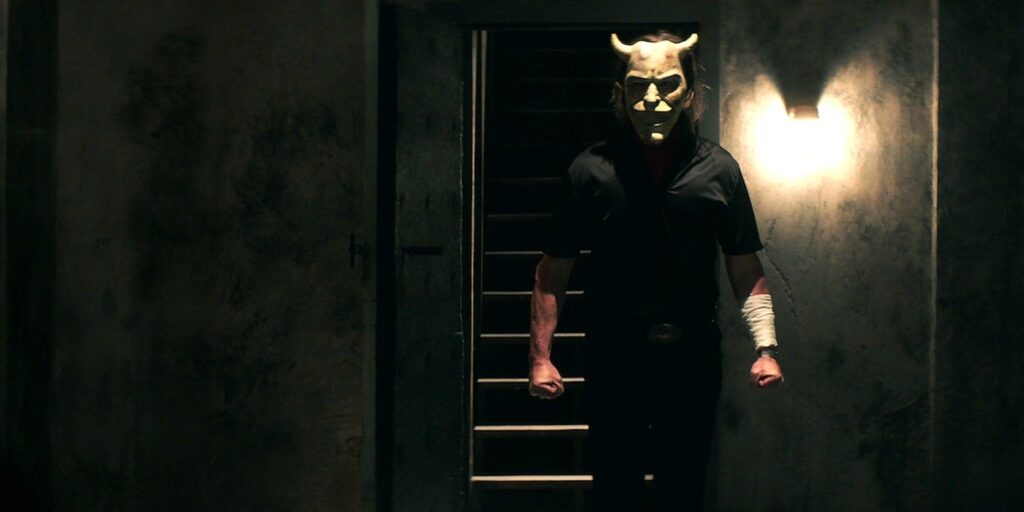
Then there is Ethan Hawke, who is not typically known for playing villains, but it’s clear that he dug in deep with the role of “The Grabber.” Hawke, whose face is mostly hidden by a two-piece interchangeable mask designed by the great Tom Savini, avoids scenery-chewing and is just genuinely creepy. Hawke does some fluctuating with his voice that is remarkably unsettling because he moves from being calm and menacing without missing a beat. You never quite know what you’re going to get with “The Grabber” and that is a credit to some fine work from Ethan Hawke who is having a lot of fun stepping into darker territory.
I saw The Black Phone and Antlers a week apart from each other and I continue to be struck by how much horror films are so much about the real horrors of the world before they even dive into the tropes we’re familiar with. Both films dealt with the fear that can reside in the home where we should be protected and the fear that we encounter in the outside world which is far more unpredictable. The Black Phone tackles horrors from various different avenues and while it may come off bleak to some, the film provides a truly entertaining experience that also shows the audience that there is hope in the darkness. The voices from over the phone give Finney the lifeline he needs to keep fighting and that perseverance actually shines through in a story that is blanketed in relentless claustrophobic terror.
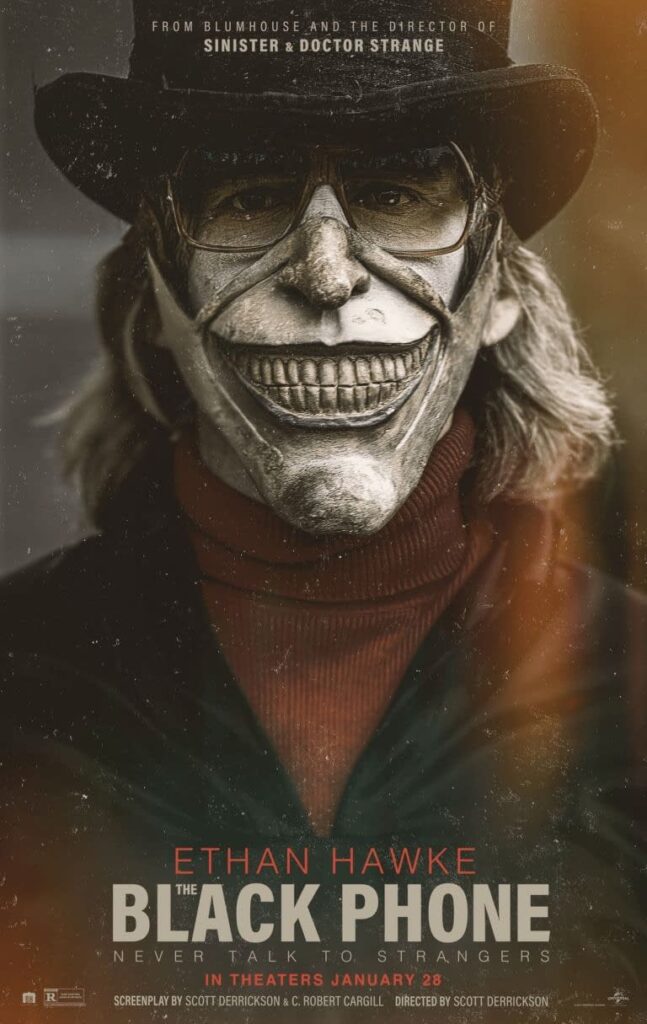


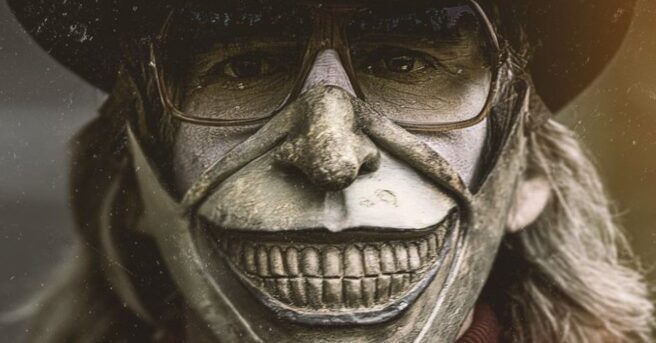



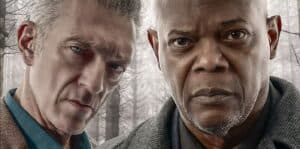



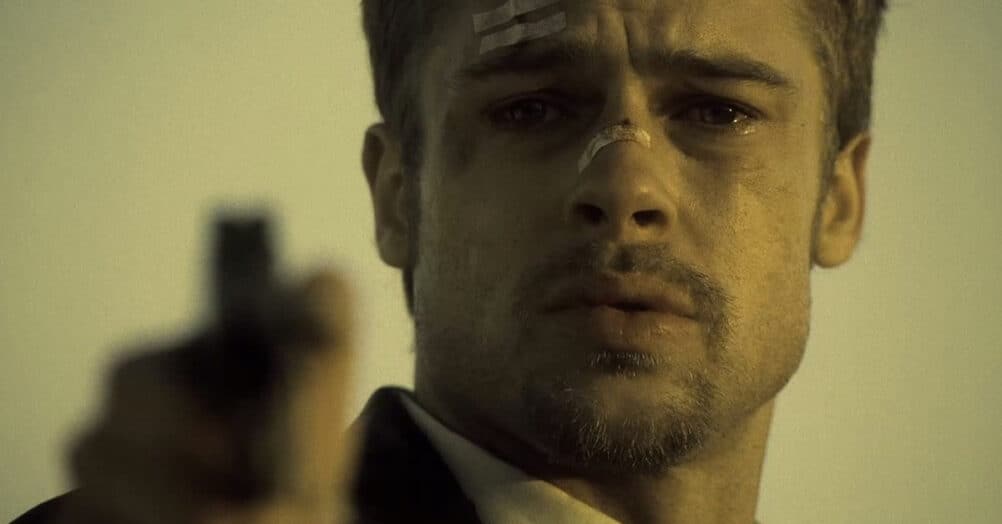
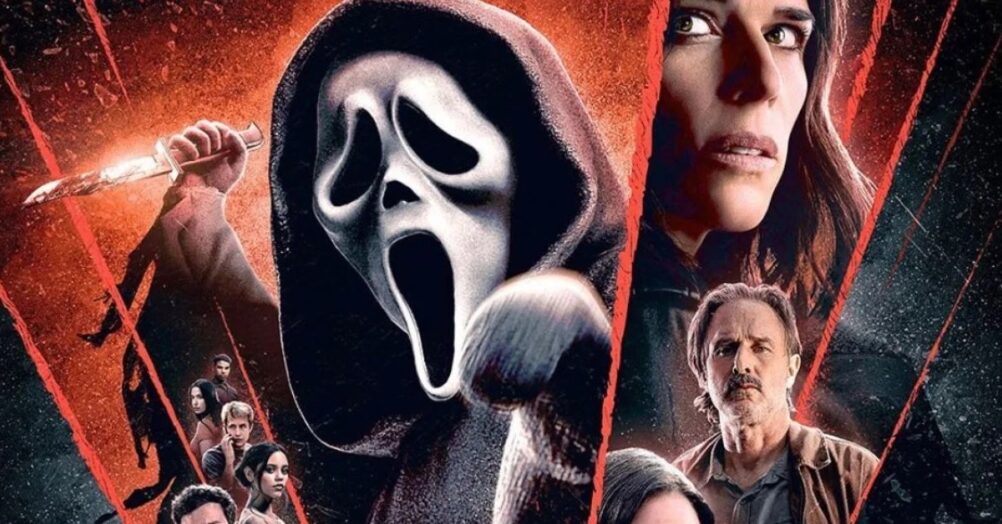
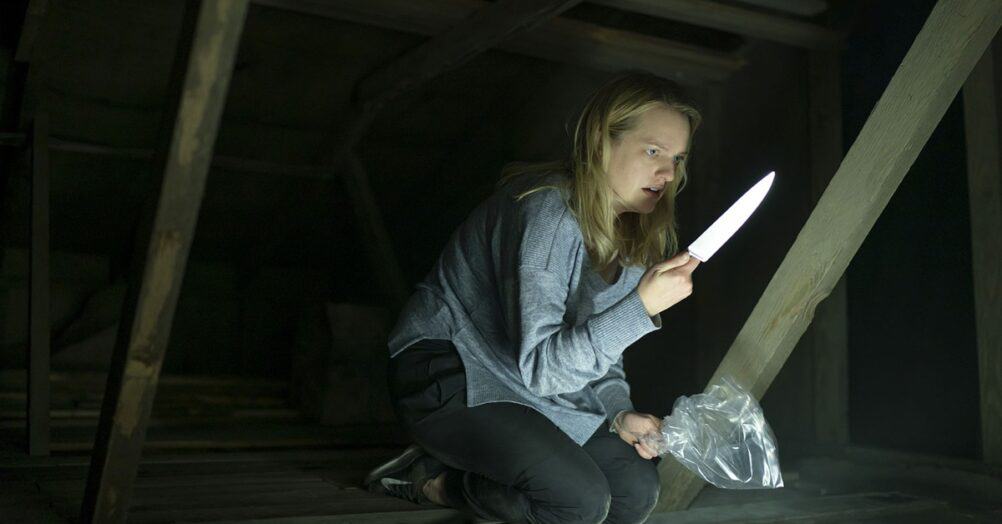

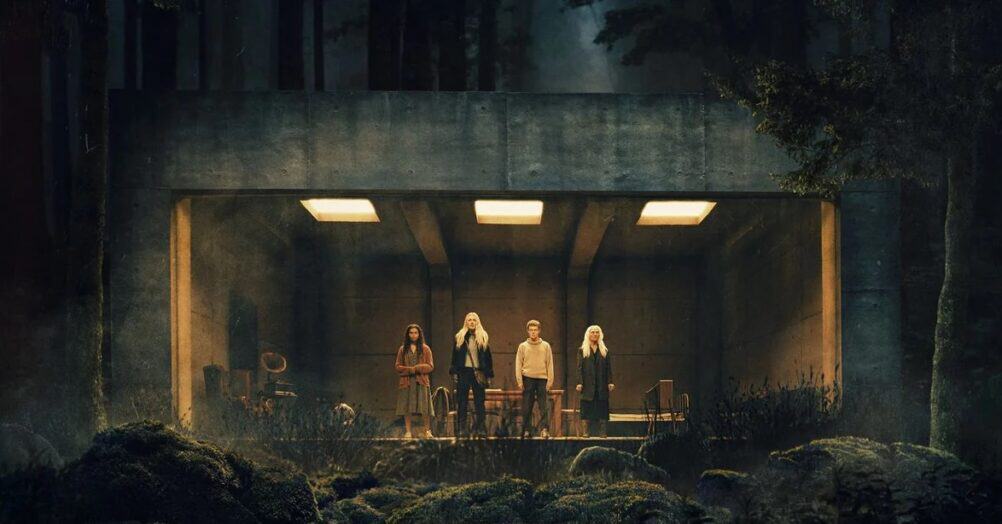
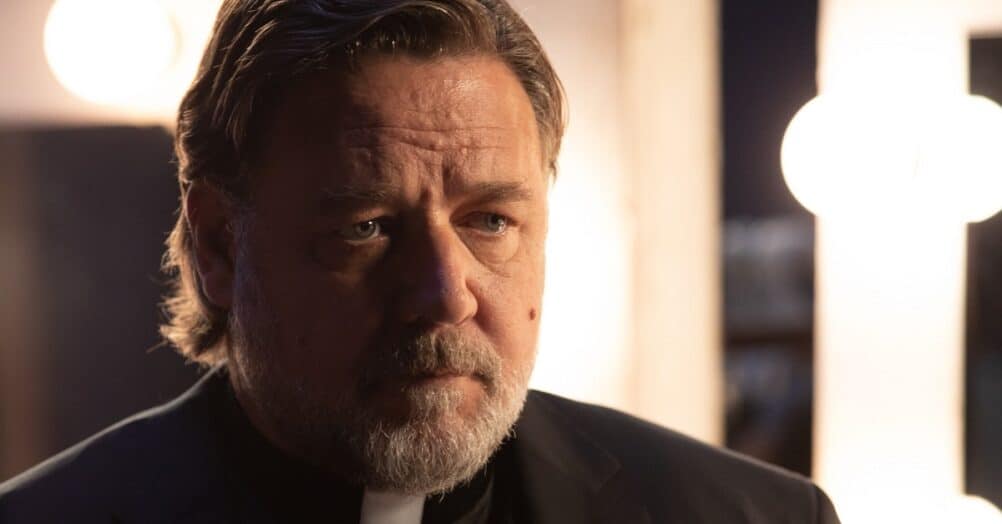

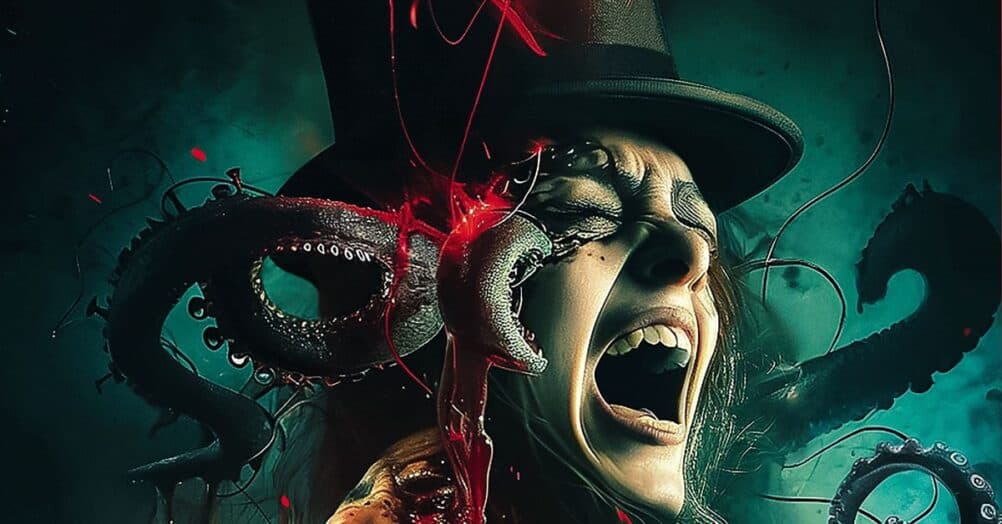
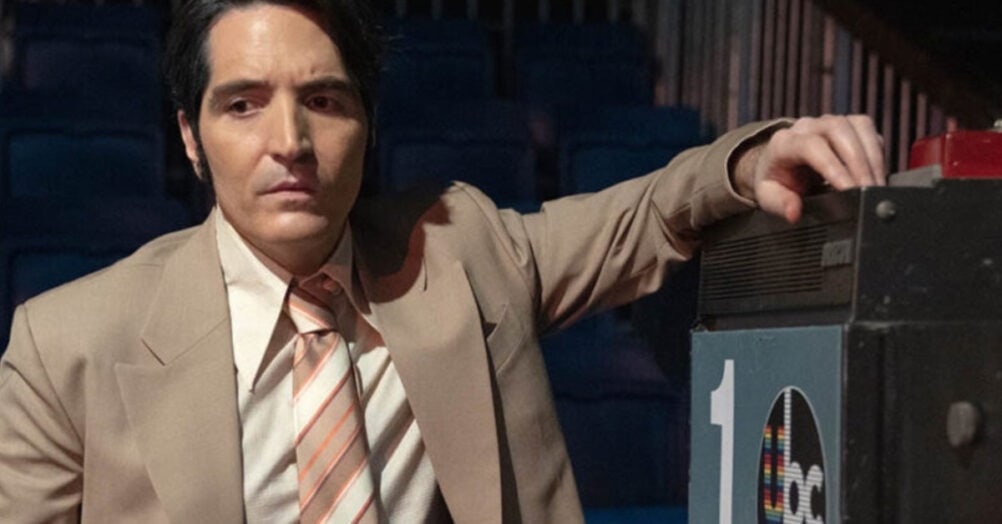
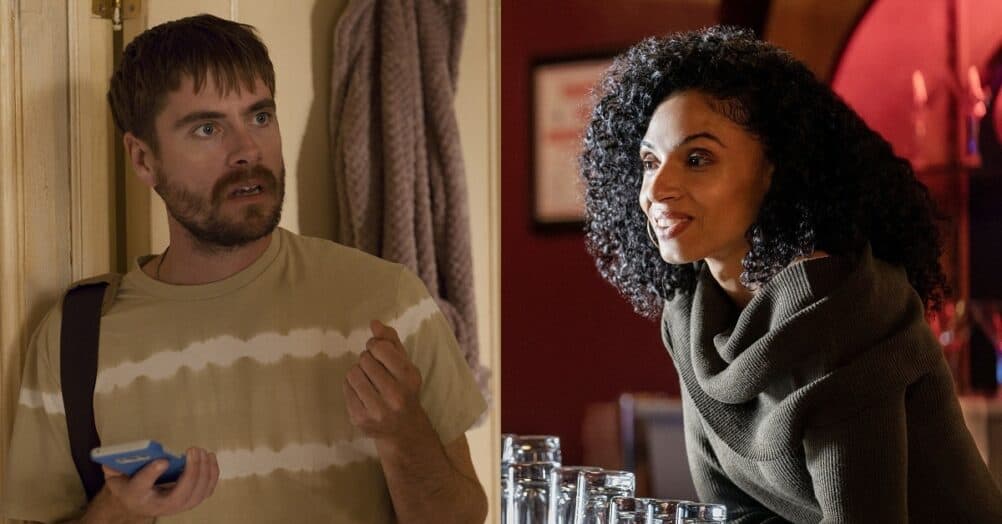
Follow the JOBLO MOVIE NETWORK
Follow us on YOUTUBE
Follow ARROW IN THE HEAD
Follow AITH on YOUTUBE